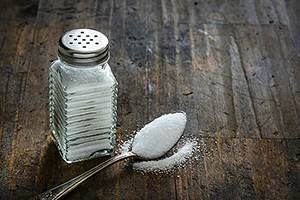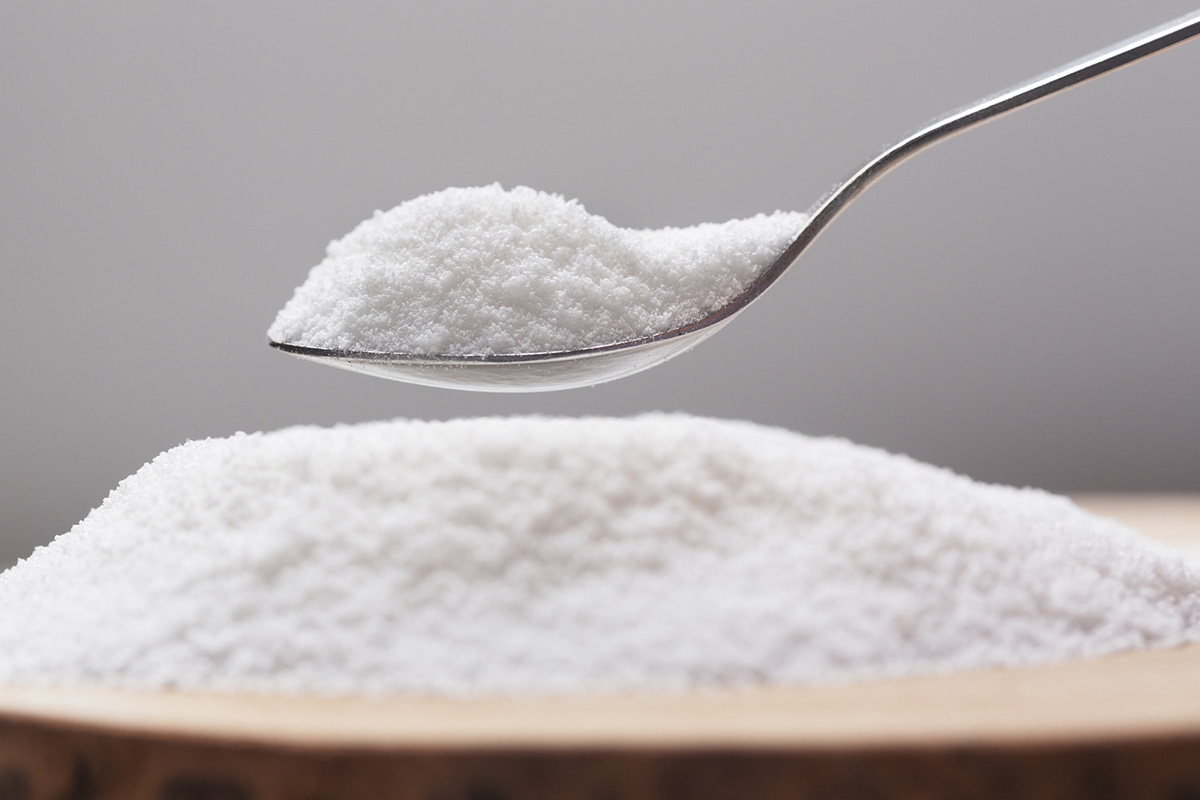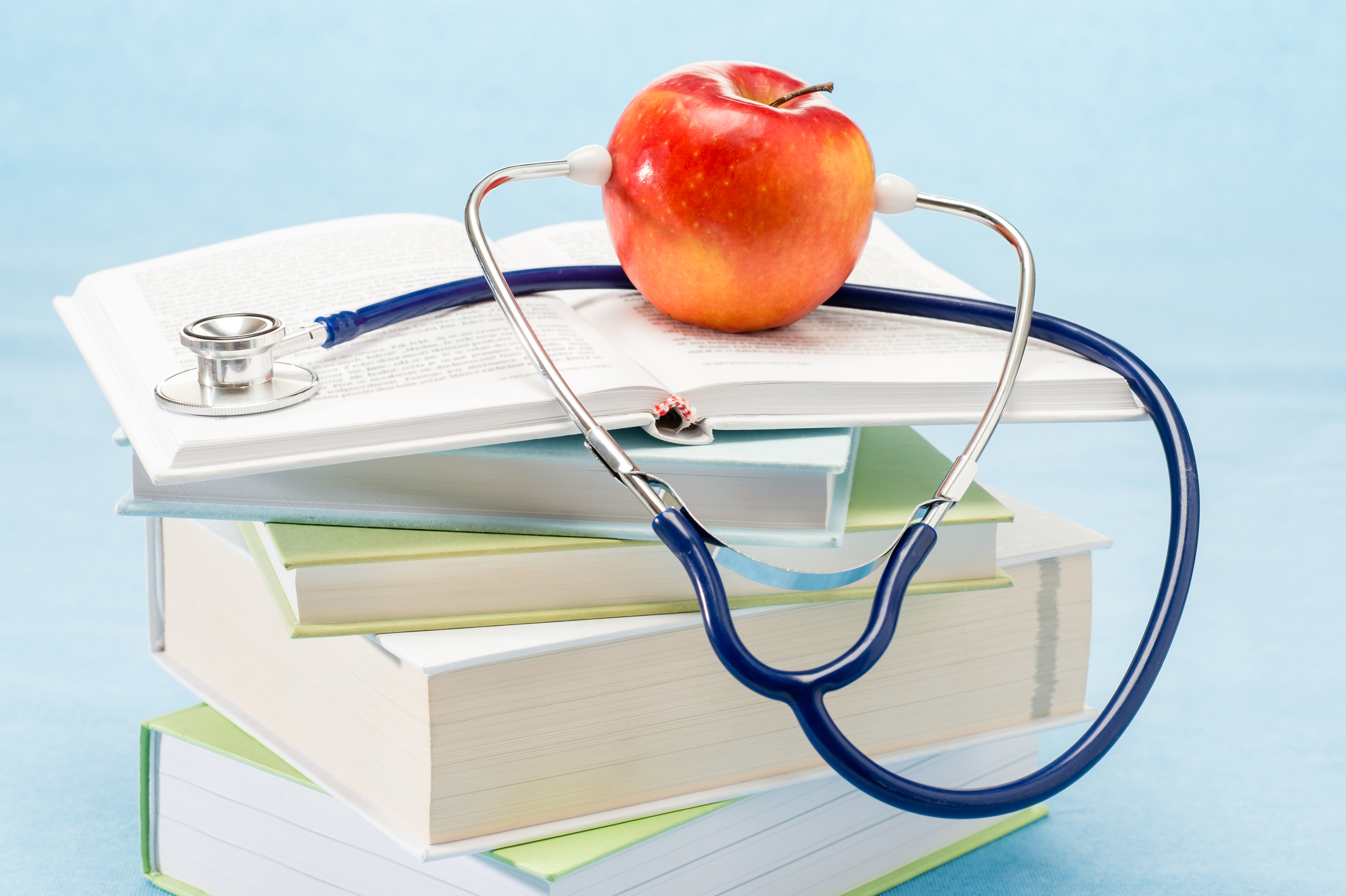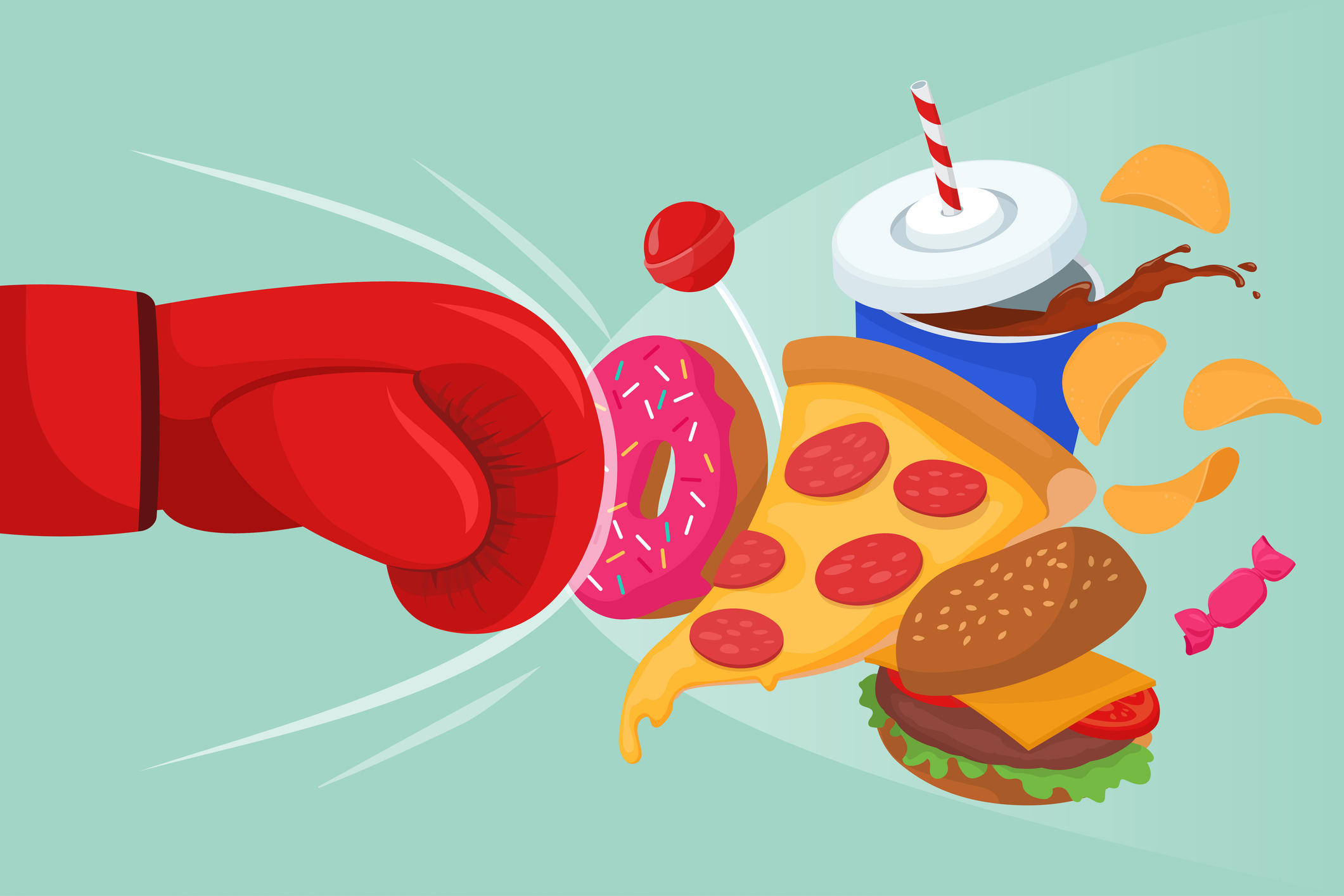The sodium controversy is ongoing with proponents of lower-sodium recommendations asserting, along with the Dietary Guidelines for Americans, that it be restricted to less than 2,300 mg per day (a teaspoon) and no more than 1,500 mg per day for those with prehypertension and hypertension.
Some definitions from the CDC:
Normal blood pressure: Less than 120-80 mmHg
Prehypertension: 120/80 to 139/89 mmHg
Hypertension: 140/90 mmHg
First, the trouble with these recommendations is those without hypertension don’t benefit from lower-sodium diets, according to the research. Lowering sodium is most helpful in those with high blood pressure.
Second, opponents of sodium-restriction for the general public cite that consuming less than 2,500 mg can adversely affect health in healthy people. In fact, according to a recent edition of Food & Nutrition, a large-scale epidemiologic study which followed 150,000 people in 17 countries found that those with the lowest mortality and heart disease risk consumed between 3,000 and 6,000 mg of sodium per day.
This is interesting because the DASH diet (Dietary Approaches to Stop Hypertension) averages about 3,000 mg of daily sodium. The DASH diet has been shown to effectively lower high blood pressure, despite its higher sodium content as compared to recommendations.
How can that be, you ask? Well, the DASH diet is high in potassium and scientists state the ratio of sodium-to-potassium intake has a bigger impact on cardiovascular outcomes than sodium alone. In fact, it’s suggested that sufficient potassium in the diet can help minimize the deleterious effects of consuming too much sodium.
With that in mind, here’s a sample of potassium rich foods to choose from:
Artichokes, avocado, apricots, banana, Brussels sprouts, cantaloupe, honeydew, kiwi, mango, nectarines, oranges, papaya, pumpkin, pears, peaches, potato, prunes, rhubarb, squash (acorn, butternut), spinach, Swiss chard, succotash, tomato, tomato juice, vegetable juices, watermelon.
To your health!








